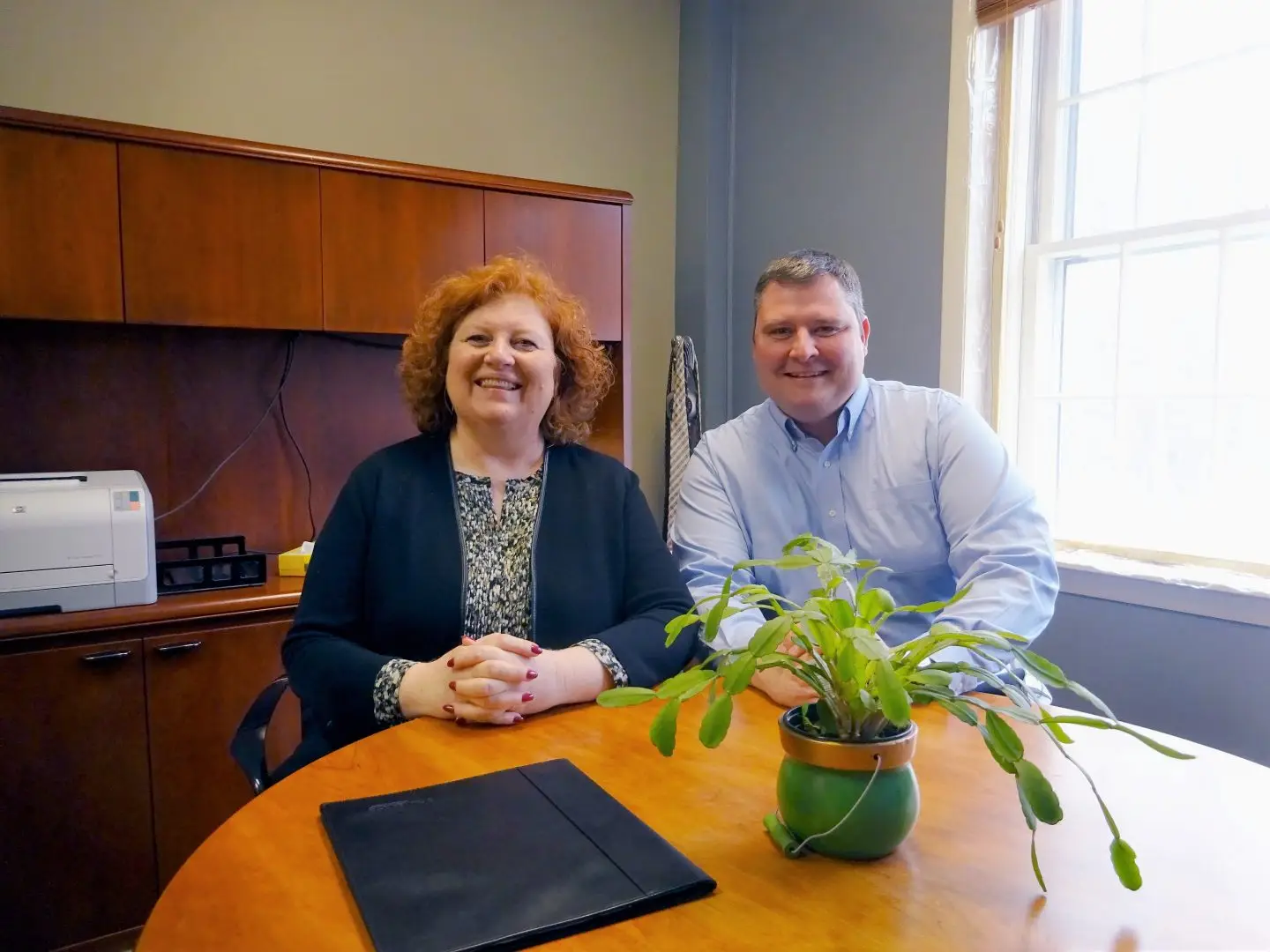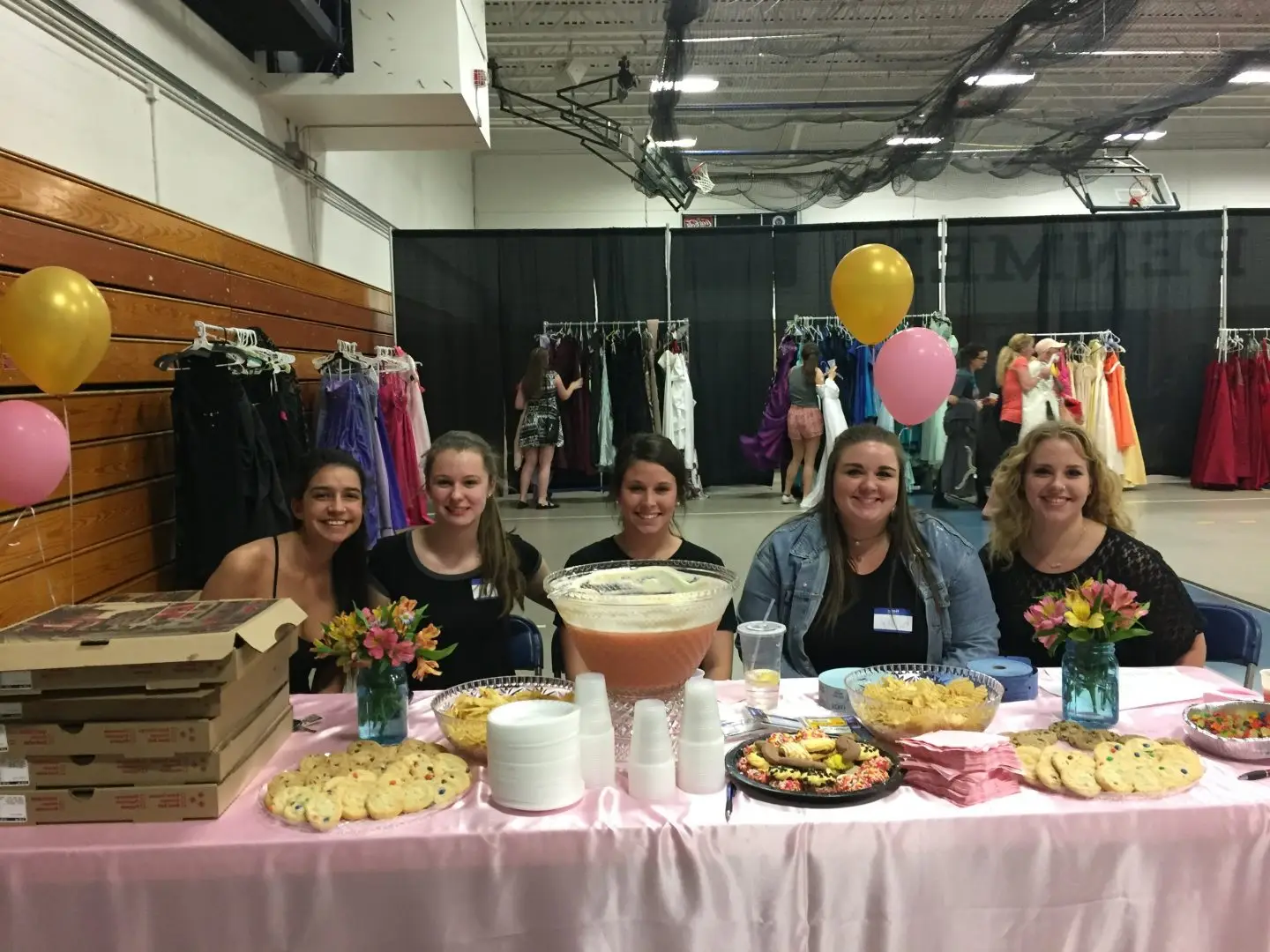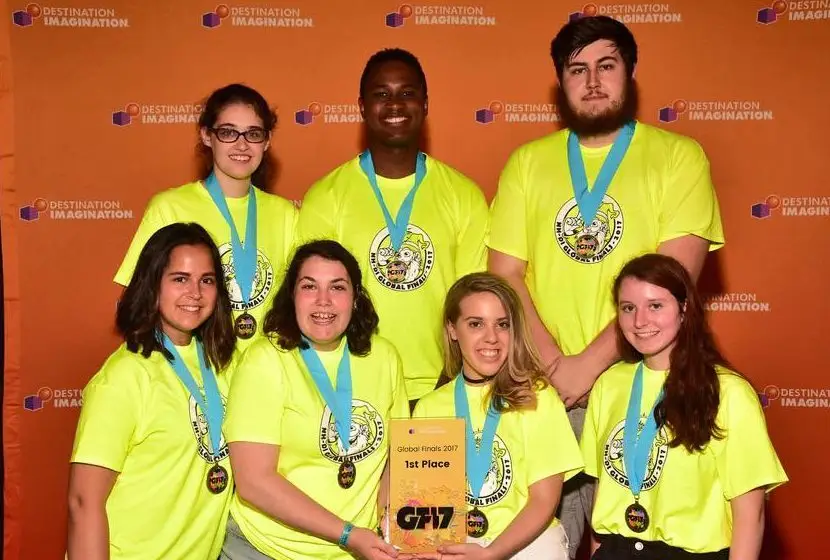Even with SNHU’s campus mostly closed, public safety continues to aid the remaining faculty and students. Those utilizing SNHU’s emergency housing, grounds keeping, or those that need to be on campus to do their jobs are all being watched over by public safety.
“Public safety includes general services such as helping students who may be locked out of their room, helping them access their car, and escorting them on campus,” says James Winn, the head of public safety. “If somebody comes back late at night and they are alone, you might escort them from the parking lot to a resident hall.”
However, with a decrease in student population, Winn explained that public safety has moved away from general services. Instead, he sees his department dealing with more security-related matters. One of which includes checking on the status of buildings. With a smaller campus population, fewer people use these facilities, which makes maintenance checks especially important.
Public safety also continues to conduct security patrols across campus. “Since there is such limited activity on campus, it makes us more vulnerable to break-ins, thefts, and such,” says Winn, stressing their importance this semester. However, Winn also highlighted this procedure’s success, making it clear that there has not been any crime since February.
COVID has also impacted the working hours of public safety. The department has lowered the typical 10-hour shift to 8 hours. Furthermore, employees no longer work overlapped shifts. Before the pandemic, the busiest hours for public safety were weekends from 9 p.m to 9 a.m. Now, with a smaller campus presence, the busiest time is during the average weekday, when faculty is on campus.
In light of state COVID-19 guidelines, Winn’s department has also taken on some new preventive measures. Public safety makes explicitly sure that everyone coming on campus has a temperature check and fills out a health screening. The school has also provided public safety with a ready supply of PPE.
Regarding SNHU’s decision for the upcoming spring semester, Winn remains optimistic. “I think if we stay remote and have the same ballpark number of students on campus, we will operate as we are right now.”




